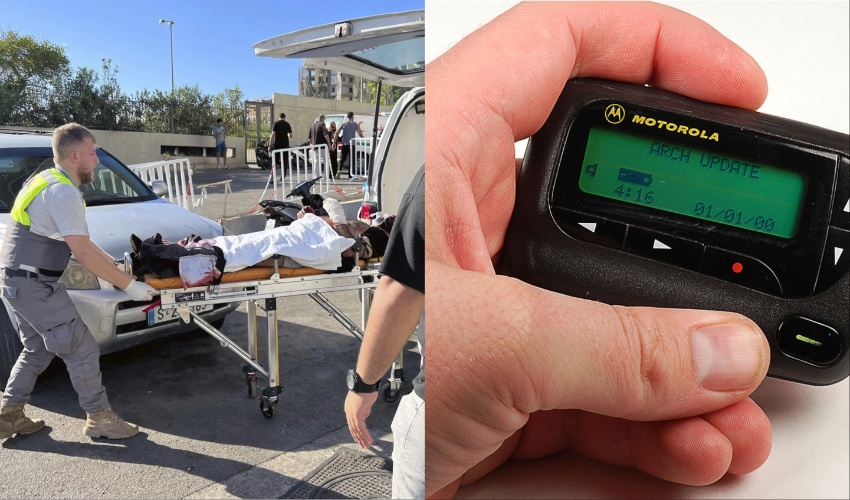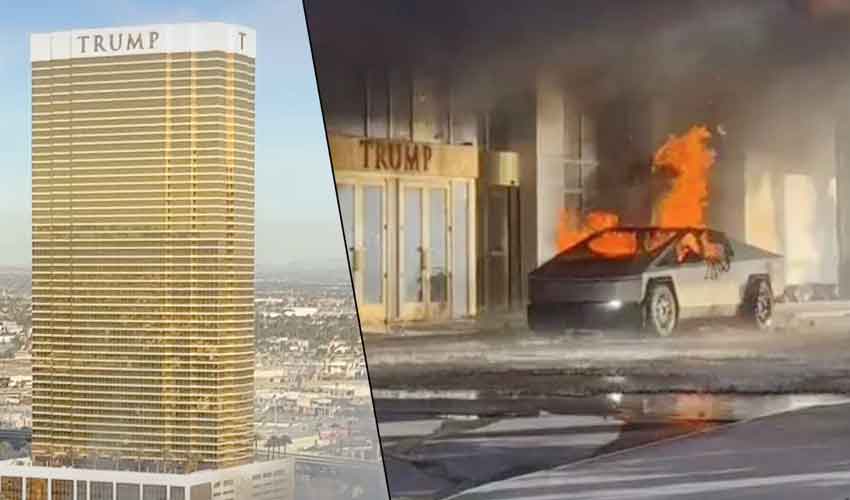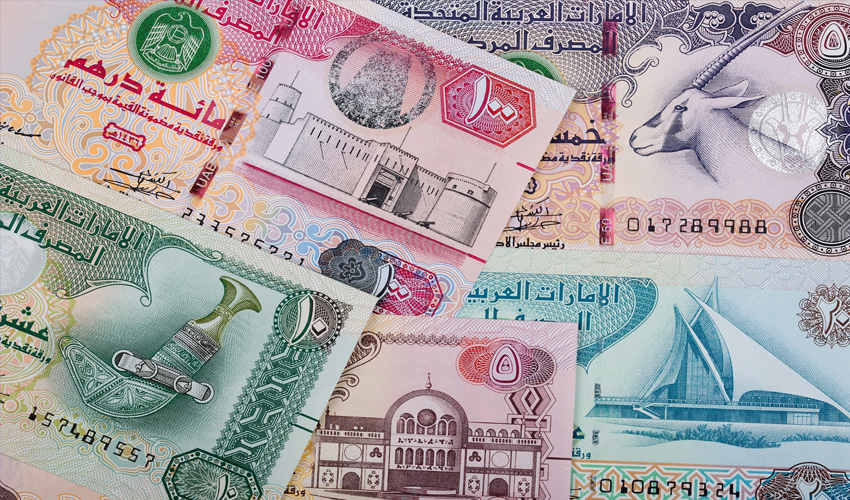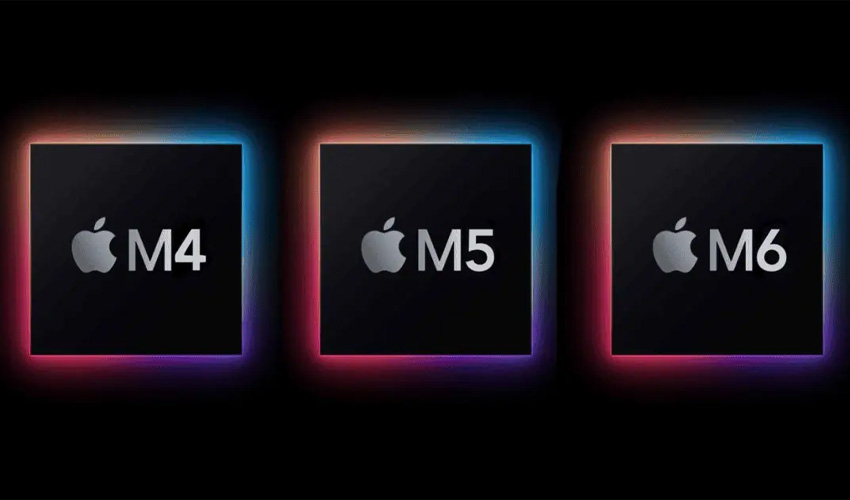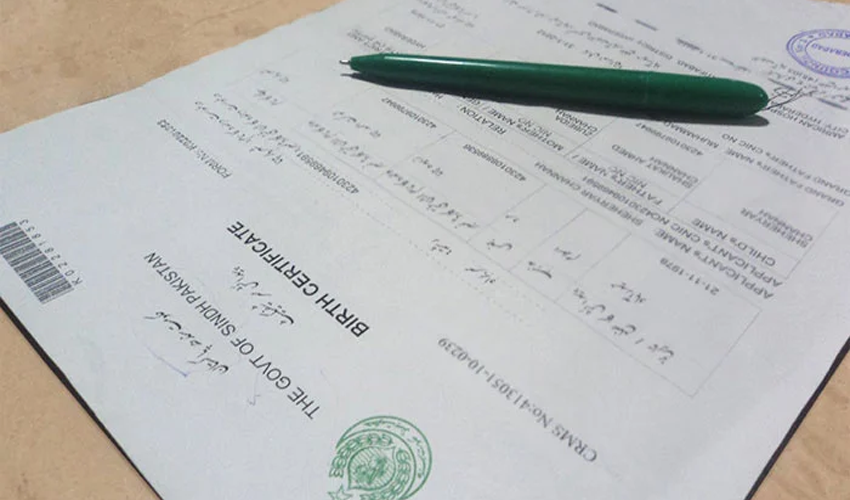At least nine people, including a 10-year-old girl, have been killed and 2,750 others wounded after simultaneous explosions of handheld pagers used by Hezbollah members occurred across Lebanon on Tuesday.
Lebanese Health Minister Firass Abiad confirmed the death toll and number of injuries in a press conference. Hospitals across the country have declared a state of emergency, appealing for blood donations as they manage the influx of casualties.
Hezbollah: Israel to blame for attacks
In an official statement, Hezbollah held Israel responsible for what it termed a "criminal aggression" targeting civilians. The Lebanese militant group, which has been exchanging fire with Israeli forces since the October 7 assault on southern Israel by Hamas, vowed to take "fair punishment" against Israel for the incident.
"After examining all the facts and available information about this sinful attack, we hold the Israeli enemy fully responsible for this criminal aggression," Hezbollah said, adding that Israel would face consequences. The group also reaffirmed its support for Palestinian resistance in the ongoing conflict.
According to Lebanese security sources, the explosions occurred across various locations in the country, injuring hundreds of Hezbollah members. The wave of blasts began at approximately 3:45 p.m. local time, with the devices reportedly overheating before exploding. It remains unclear how the pagers were rigged to detonate, though Hezbollah has claimed it was an Israeli cyber-attack targeting their communication systems.
A Hezbollah official, speaking on condition of anonymity, described the pager explosions as one of the most significant security breaches faced by the group in its nearly year-long conflict with Israel.
Tragic death of 10-year-old girl
Among the victims was a 10-year-old girl, the daughter of a Hezbollah member, who was killed in the eastern Bekaa Valley when her father’s pager exploded. Her death, confirmed by both her family and sources close to Hezbollah, marks a heartbreaking aspect of the day’s tragedies.
“A 10-year-old girl was martyred in the Bekaa Valley after her father’s pager exploded while he was next to her,” relatives told AFP.
Hospitals overwhelmed
Lebanon's health infrastructure has been severely tested by the mass casualty event. The Ministry of Health reported that 200 of the 2,750 injured are in critical condition, and hospitals across the country are operating at full capacity, treating the wounded. A total of 150 hospitals have been mobilized, with urgent calls for blood donations issued to support the treatment efforts.
Security sources have stated that among the wounded are Hezbollah fighters, civilians, and medical personnel. A significant number of the injured were members of Hezbollah, including the Iranian Ambassador to Lebanon, Mojtaba Amani.
Iranian envoy Injured
Iranian Ambassador Mojtaba Amani was injured in the explosion of his communication device in Beirut. Iran’s Maher News Agency reported that the ambassador was lightly injured and is receiving treatment at a hospital in Beirut. Two other staff members of the Iranian embassy were also hurt in the blast. The embassy spokesperson confirmed the injuries in a social media post, emphasizing that Amani's condition is stable.
Despite the severity of the incident, the Iranian government has yet to issue an official response, although the attack has escalated the already high tensions between Israel, Hezbollah, and their regional allies.
Regional and int'l reactions
The Israeli military has not yet issued a statement or comment regarding the incident. Hezbollah’s accusation of Israeli involvement has further strained relations between the two countries. Lebanon’s political factions and international observers are closely watching how this event may influence ongoing regional conflicts, especially in light of recent escalations between Hezbollah and Israel.
Prime Minister Binyamin Netanyahu recently stated that Israel’s war goals now include ensuring the “safe return of the residents of the north to their homes” after many fled due to cross-border fire between Israeli forces and Hezbollah. This development complicates the already volatile situation as both sides continue to exchange artillery and air strikes.
Reports have surfaced suggesting that the explosions may be part of a broader Israeli cyber attack targeting Hezbollah’s communication systems. A Hezbollah source close to the investigation confirmed that a "new brand" of handheld pagers had been used and that these devices were likely the target of Israeli hacking efforts. This incident highlights the increasingly digital nature of modern warfare, with cyber-attacks playing a pivotal role in destabilizing enemy infrastructure.
While the full extent of the attack is still under investigation, experts believe this cyber offensive extends beyond Lebanon and could affect Syria as well, where Hezbollah also maintains a strong presence.





